Zelimkhan Khangoshvili: Germany formally implicates Russia in murder
Former military commander was shot while walking through Berlin park in August

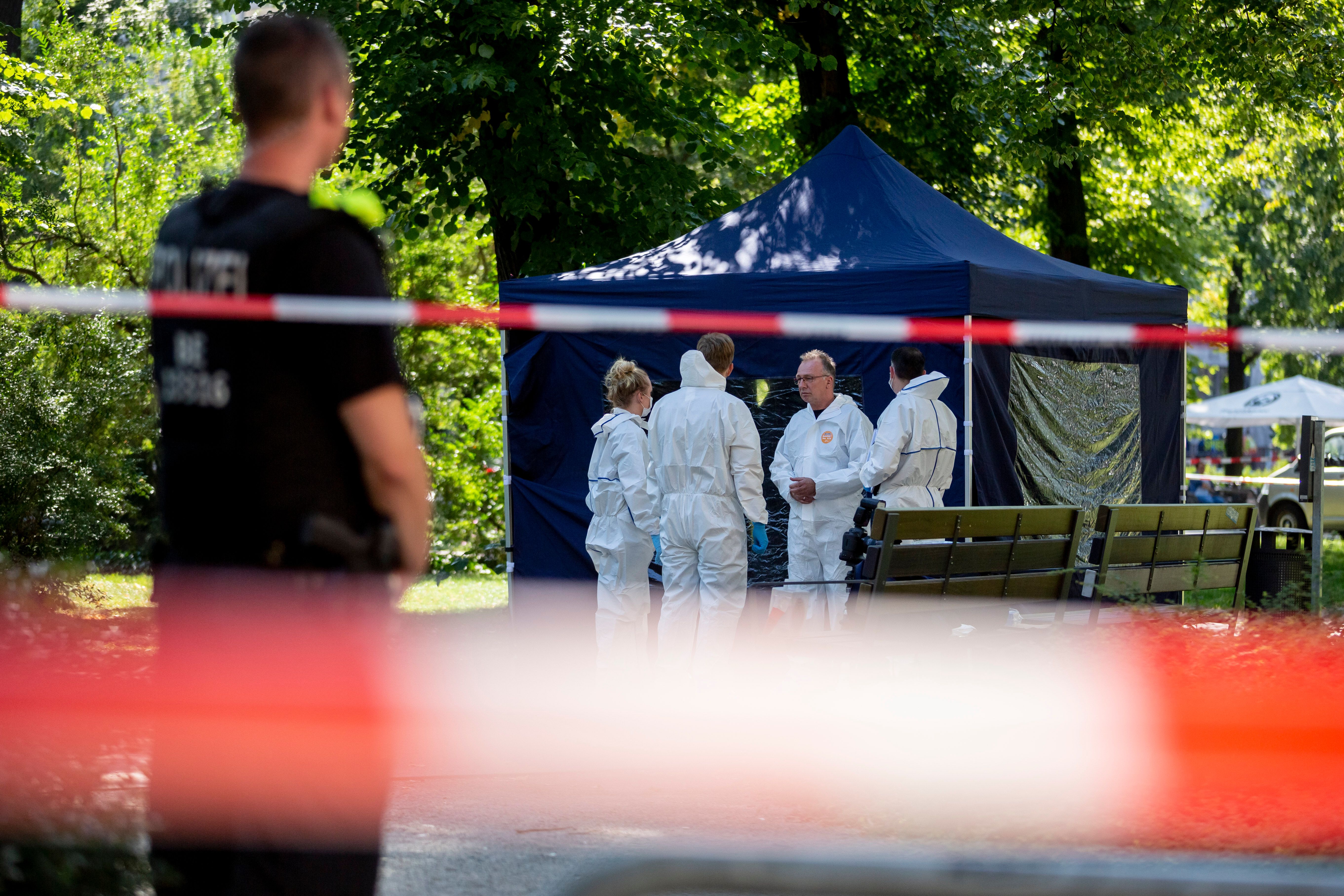
A free daily email with the biggest news stories of the day – and the best features from TheWeek.com
You are now subscribed
Your newsletter sign-up was successful
Germany has expelled two Russian diplomats in retaliation for what it now considers a Russian state-sponsored assassination in Berlin, and has opened a formal investigation to establish conclusively if Moscow was behind the attack.
Zelimkhan Khangoshvili, a 40-year-old Georgian citizen of Chechen descent, was murdered in the German capital in August by a gunman carrying a legitimate passport from Russia, but in a false name.
A former Chechen rebel commander, Khangoshvili was a known enemy of the Kremlin, but also of Ramzan Kadyrov, head of the Chechen Republic, a federal subject of Russia, and his assassination has drawn comparisons to the nerve-agent poisoning last year of Sergei Skripal in Salisbury.
The Week
Escape your echo chamber. Get the facts behind the news, plus analysis from multiple perspectives.

Sign up for The Week's Free Newsletters
From our morning news briefing to a weekly Good News Newsletter, get the best of The Week delivered directly to your inbox.
From our morning news briefing to a weekly Good News Newsletter, get the best of The Week delivered directly to your inbox.
Western governments responded in unison to the Skripal attack, expelling more than 100 Russian diplomats in a gesture of solidarity, but in the case of Khangoshvili such collective action has been conspicuously absent - largely down to Berlin’s delay in attributing blame.
The assassination
Khangoshvili was travelling to midday Friday prayers at a local mosque on 23 August when, as he passed through Kleiner Tiergarten park, a man with a silenced automatic pistol rode out from behind a bush on an electric bicycle and shot him once in the shoulder, then twice in the head.
The assassin, who was wearing a wig, escaped, but a suspect fitting his description was caught within minutes after ditching his bicycle in a river and attempting to merge into a crowd.
A free daily email with the biggest news stories of the day – and the best features from TheWeek.com
Private investigations yield results
The suspect was travelling under a valid passport, reportedly bearing the name Vadim Andreevich Sokolov. However, an investigation by news magazine Der Spiegel and civilian investigative group Bellingcat concluded that “no such person exists in Russia’s sprawling, comprehensive national citizen database”.
“This discovery makes Russia’s claims that the killer is not connected to the Russian state implausible, as no person in Russia is in a position to obtain a valid Russian passport under a fake identity without the involvement of the state bureaucratic and security apparatus,” Bellingcat said.
In contrast, it took German authorities over three months to come to any official conclusions as to the suspect’s motive.
On Tuesday, in collaboration with The Dossier Center, a London-based research group founded by Mikhail Khodorkovsky, the exiled Russian oil billionaire turned Kremlin nemesis, Bellingcat named the suspect as Vadim Nikolaevich Krasikov.
Krasikov, they claimed, carried out the killing of Khangoshvili backed by the Russian state.
On Wednesday, Peter Frank, Germany’s federal prosecutor, revealed that his country had come to the same conclusion. “There are sufficient factual grounds to suggest that the killing... was carried out either on behalf of state agencies of the Russian Federation or those of the Autonomous Chechen Republic, as part of the Russian Federation,” he said.
–––––––––––––––––––––––––––––––For a round-up of the most important stories from around the world - and a concise, refreshing and balanced take on the week’s news agenda - try The Week magazine. Get your first six issues free–––––––––––––––––––––––––––––––
Political dynamics
In September, The Wall Street Journal reported that US officials believed Moscow was responsible for the assassination and that Washington had shared intelligence about the case with their counterparts in Berlin.
Germany’s delay in going public with its findings, despite international partners doing just that, can perhaps be put down to wanting to be absolutely sure its accusations are true, but also to other political factors.
“Angela Merkel has reasons to avoid turning this into a cause celebre,” writes Mark Galeotti in Raam Op Rusland. “Her political position is complex, Germany is still committed to the controversial Nordstream 2 gas pipeline, which Washington is trying to block, and Berlin is still hoping to be able to broker some kind of deal over the Donbas.”
Russia has said the diplomat expulsions are “unfriendly and unfounded”, promising to respond in due course. The Kremlin has denied any Russian involvement, saying: “This is absolutely groundless speculation.”
William Gritten is a London-born, New York-based strategist and writer focusing on politics and international affairs.
-
 The environmental cost of GLP-1s
The environmental cost of GLP-1sThe explainer Producing the drugs is a dirty process
-
 Nuuk becomes ground zero for Greenland’s diplomatic straits
Nuuk becomes ground zero for Greenland’s diplomatic straitsIN THE SPOTLIGHT A flurry of new consular activity in Nuuk shows how important Greenland has become to Europeans’ anxiety about American imperialism
-
 ‘This is something that happens all too often’
‘This is something that happens all too often’Instant Opinion Opinion, comment and editorials of the day
-
 Christian Brückner: why prime suspect in Madeleine McCann case can refuse Met interview
Christian Brückner: why prime suspect in Madeleine McCann case can refuse Met interviewThe Explainer International letter of request rejected by 49-year-old convicted rapist as he prepares to walk free
-
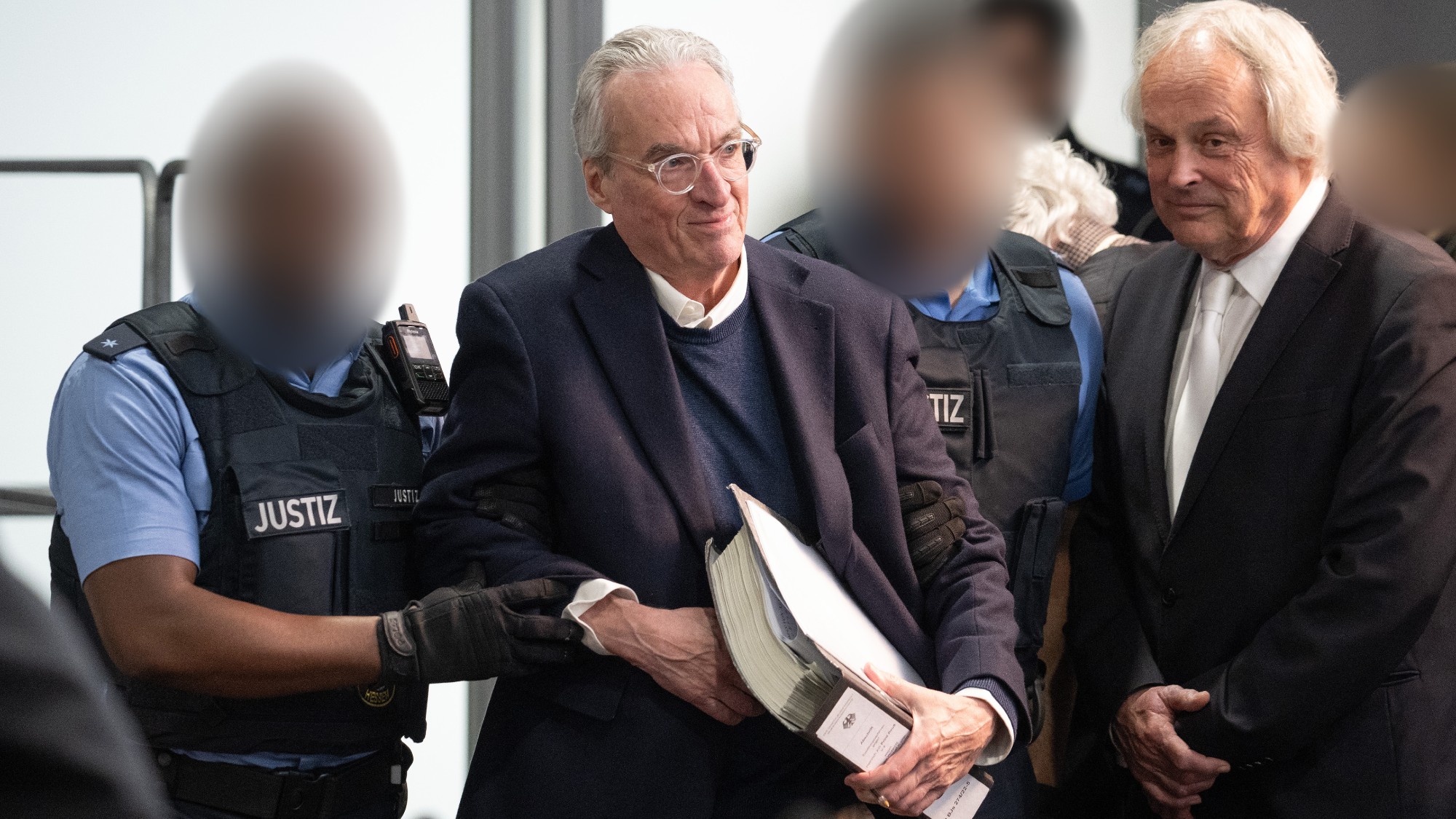 Germany's trial of the century: the plot to topple Scholz
Germany's trial of the century: the plot to topple ScholzIn the Spotlight Elderly aristocrat Heinrich XIII Prince Reuss makes an incongruous terrorist, but prosecutors will argue Reichsbürger coup plan was deadly serious
-
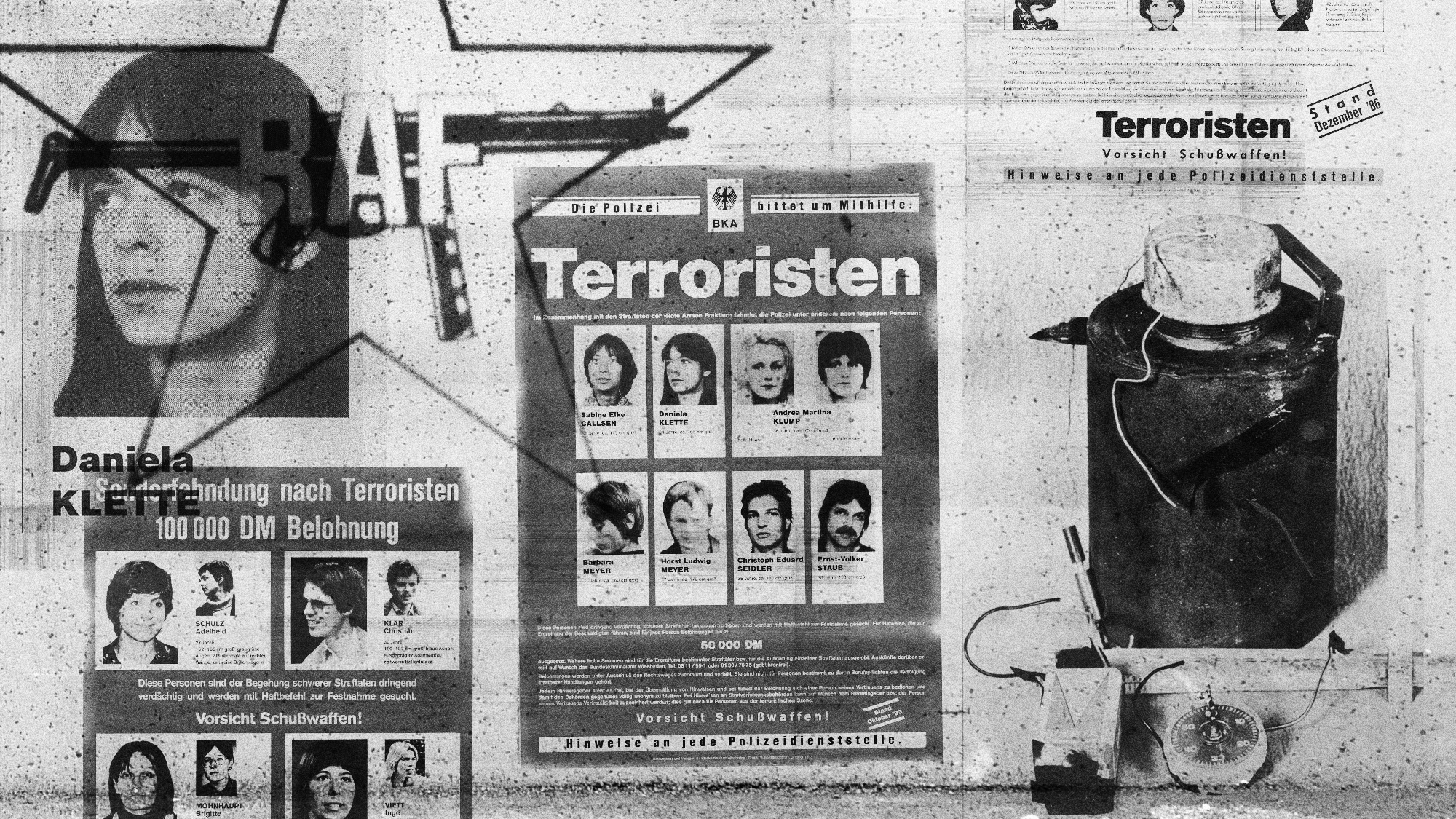 The Red Army Faction: German fugitive arrested after decades on run
The Red Army Faction: German fugitive arrested after decades on runIn the Spotlight Police reward and TV appeal leads to capture of Daniela Klette, now 65
-
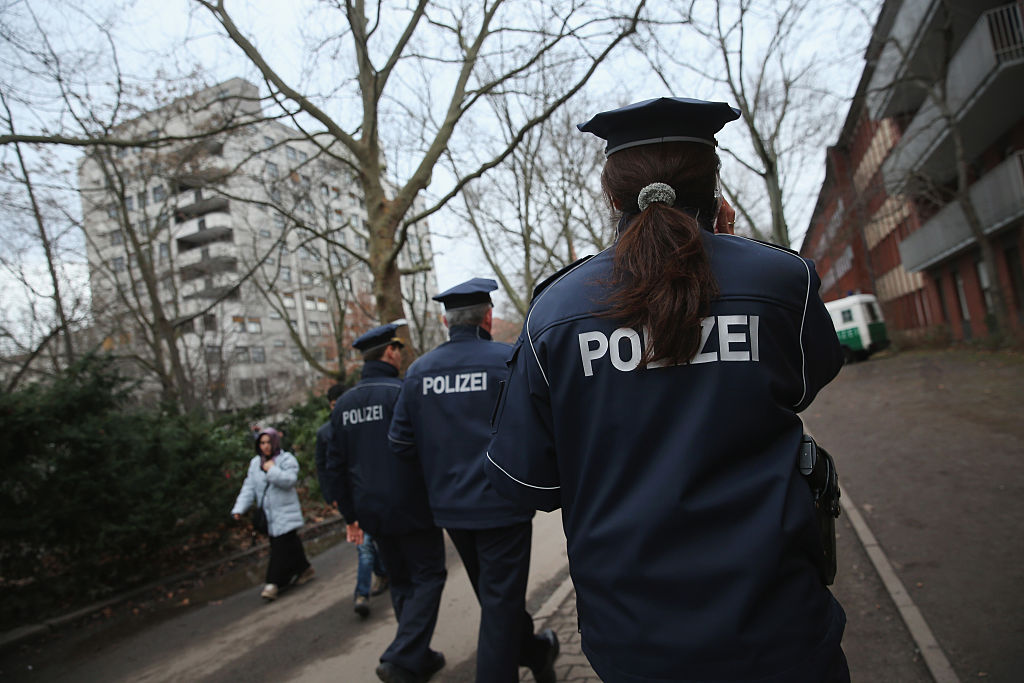 German police say suspect killed lookalike so she could fake her own death
German police say suspect killed lookalike so she could fake her own deathSpeed Read
-
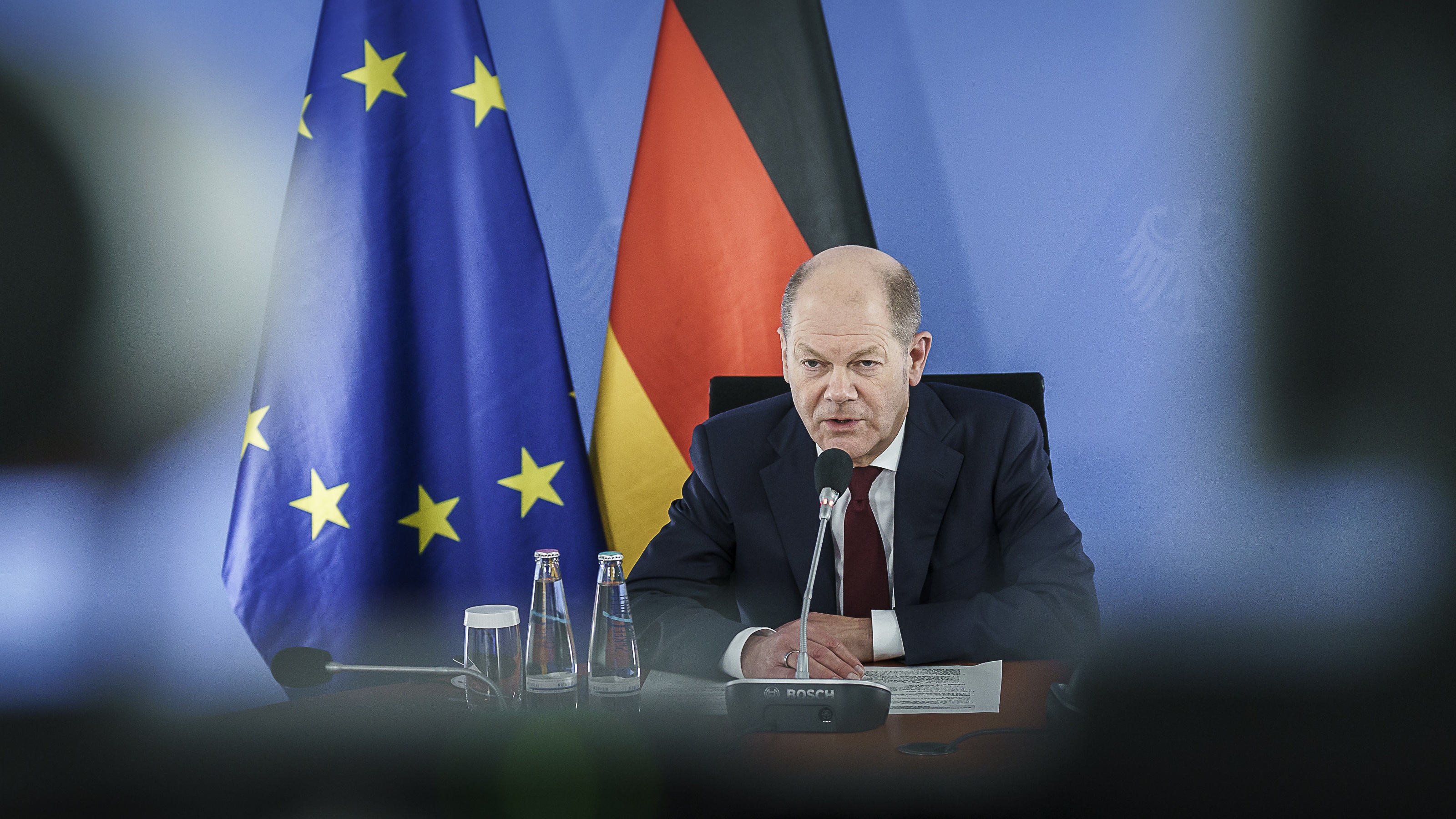 Why Germany is under attack over Russia-Ukraine stand-off
Why Germany is under attack over Russia-Ukraine stand-offIn Depth Mayor of Kiev accuses Berlin of ‘betrayal’ for refusing to back arms exports
-
 Senior detective argues Madeleine McCann investigation was flawed from the start
Senior detective argues Madeleine McCann investigation was flawed from the startIn Depth An ex-detective who worked on the investigation explains why the search was doomed to failure
-
 Reaction: German police reveal ‘sordid’ crimes of new Madeleine McCann suspect
Reaction: German police reveal ‘sordid’ crimes of new Madeleine McCann suspectIn Depth Convicted paedophile Christian Brücker named in police investigation
-
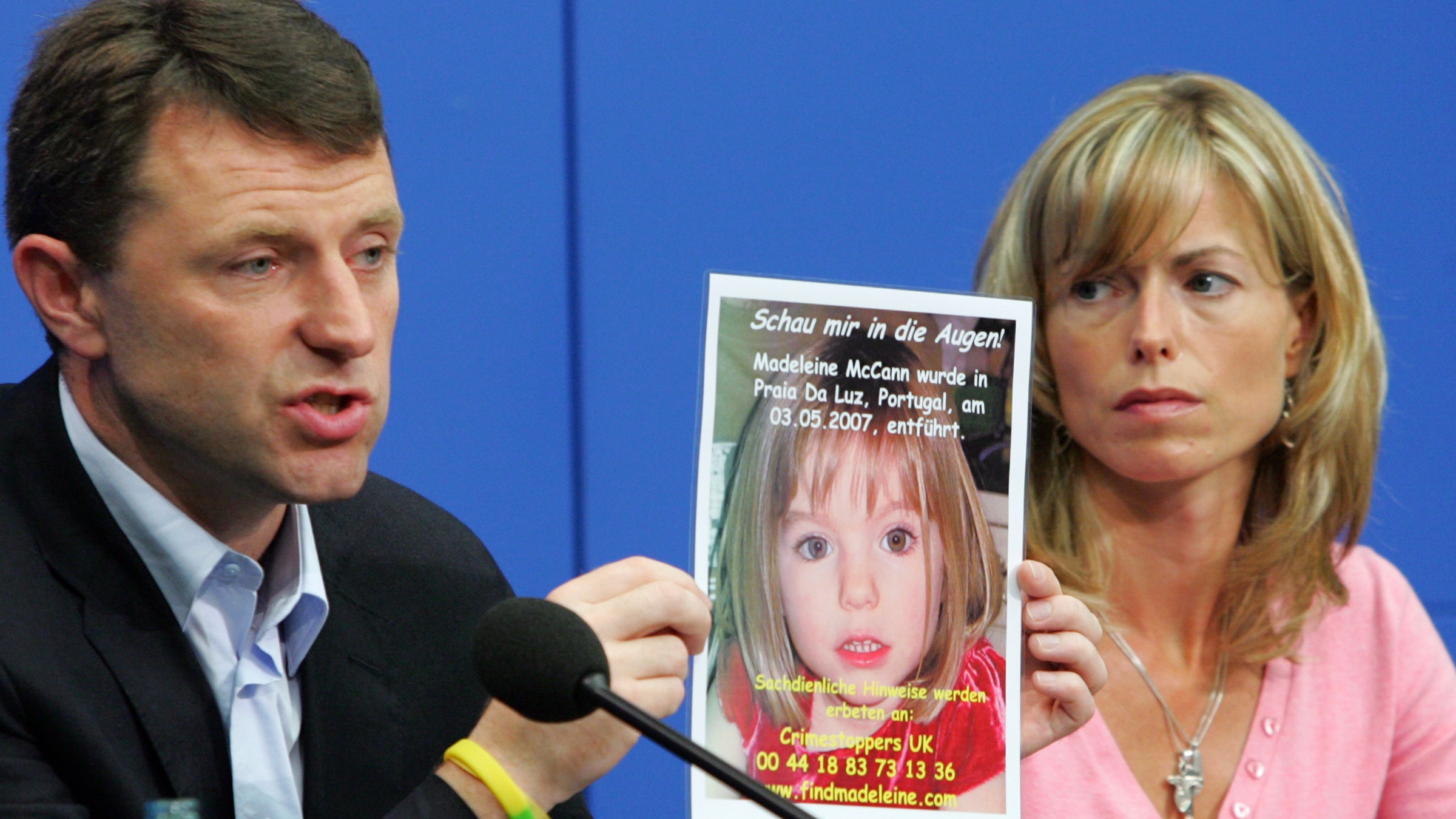 Madeleine McCann: German prosecutors says missing girl is ‘assumed dead’
Madeleine McCann: German prosecutors says missing girl is ‘assumed dead’Speed Read New suspect identified in the case is a convicted German sex offender
